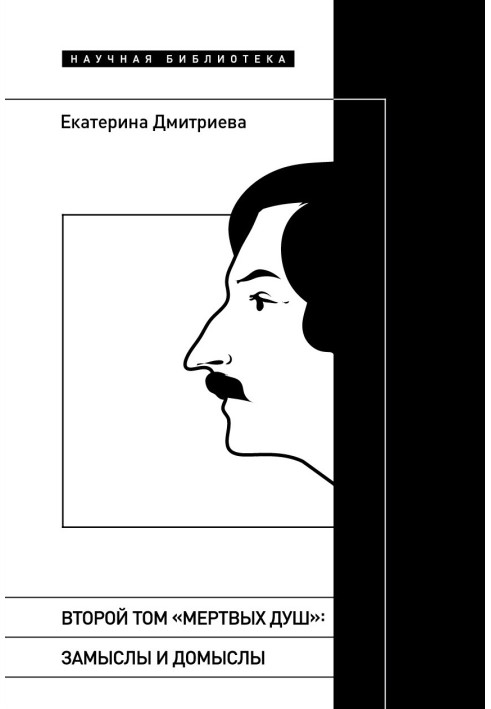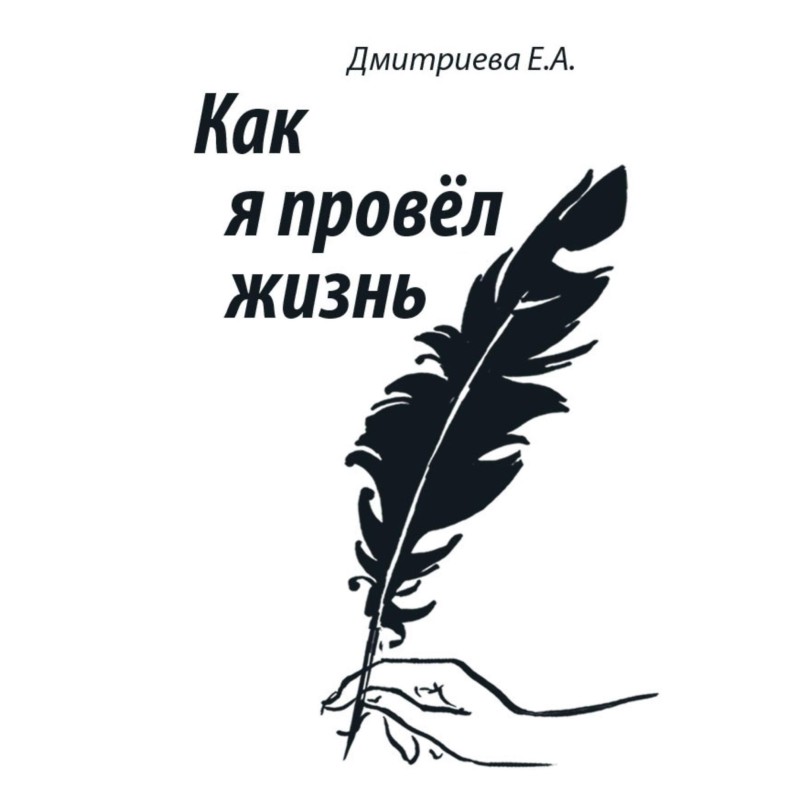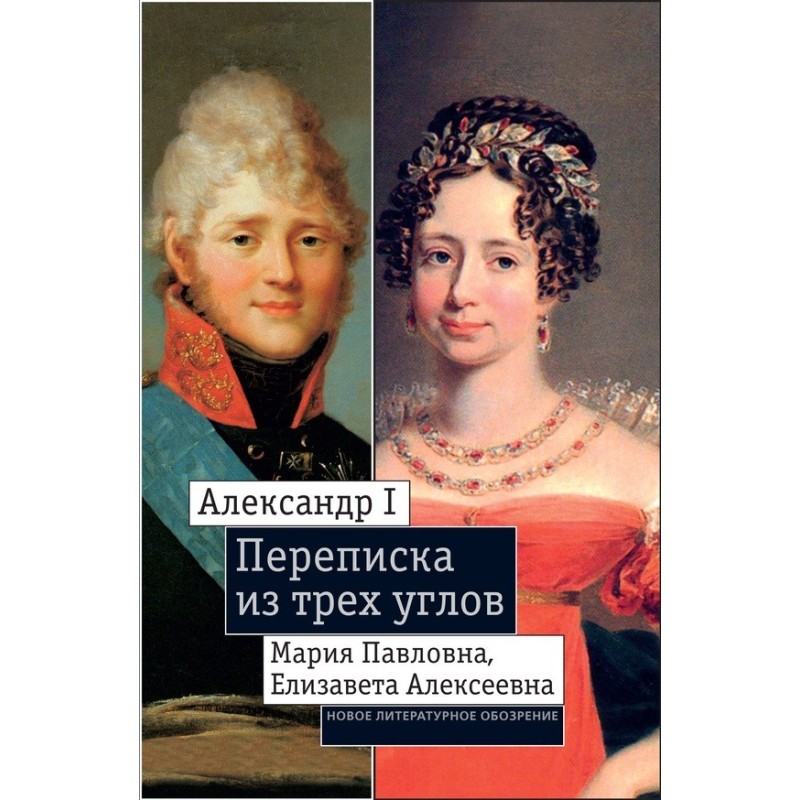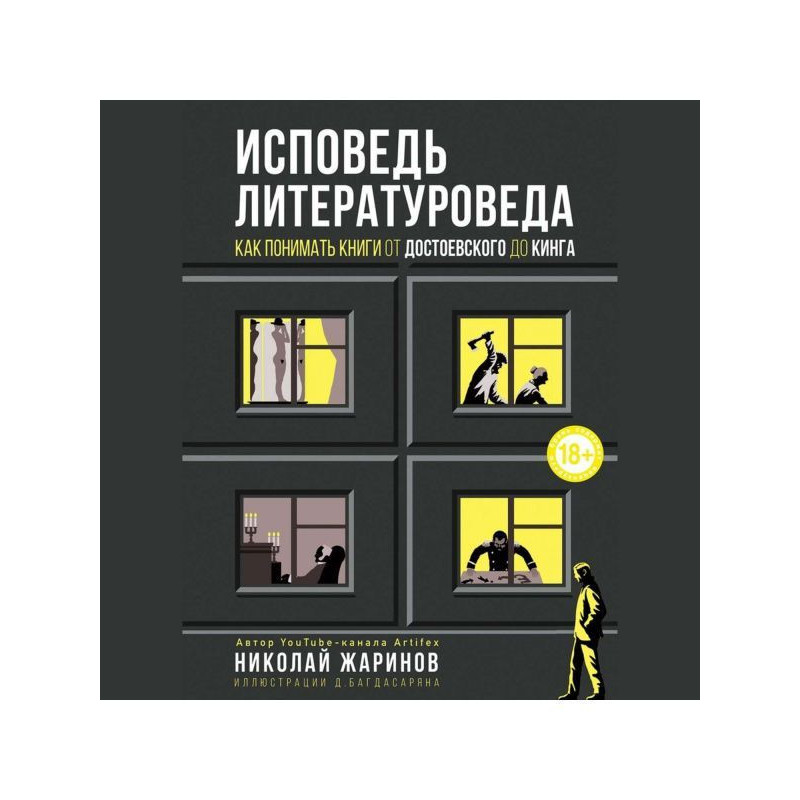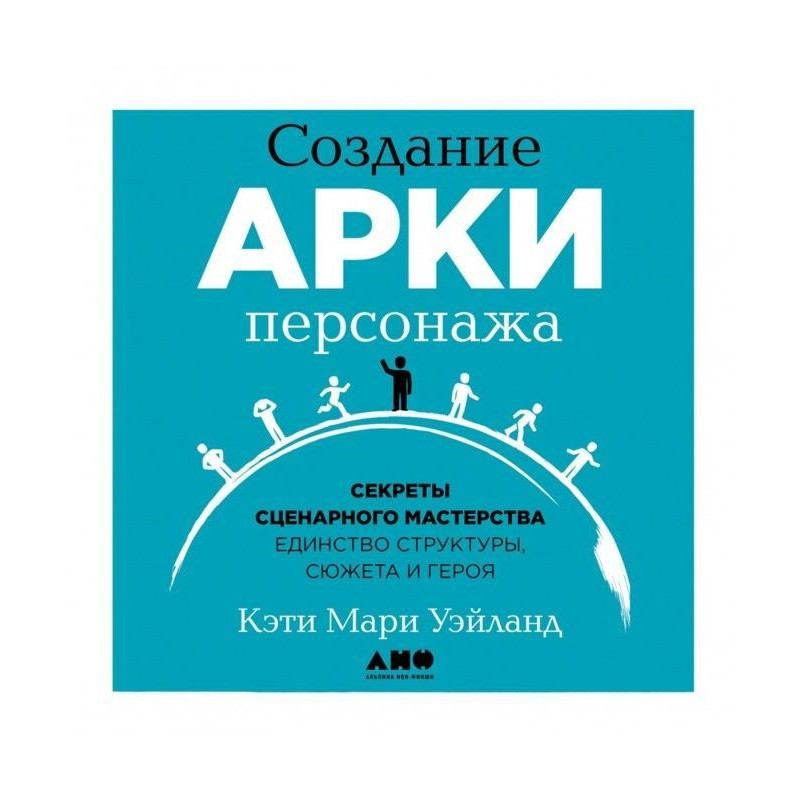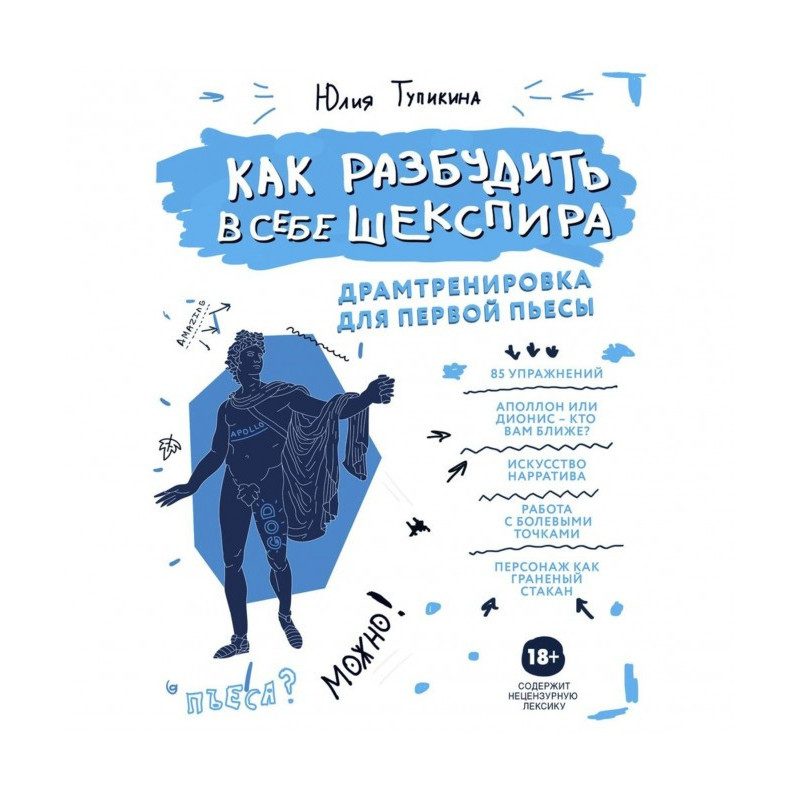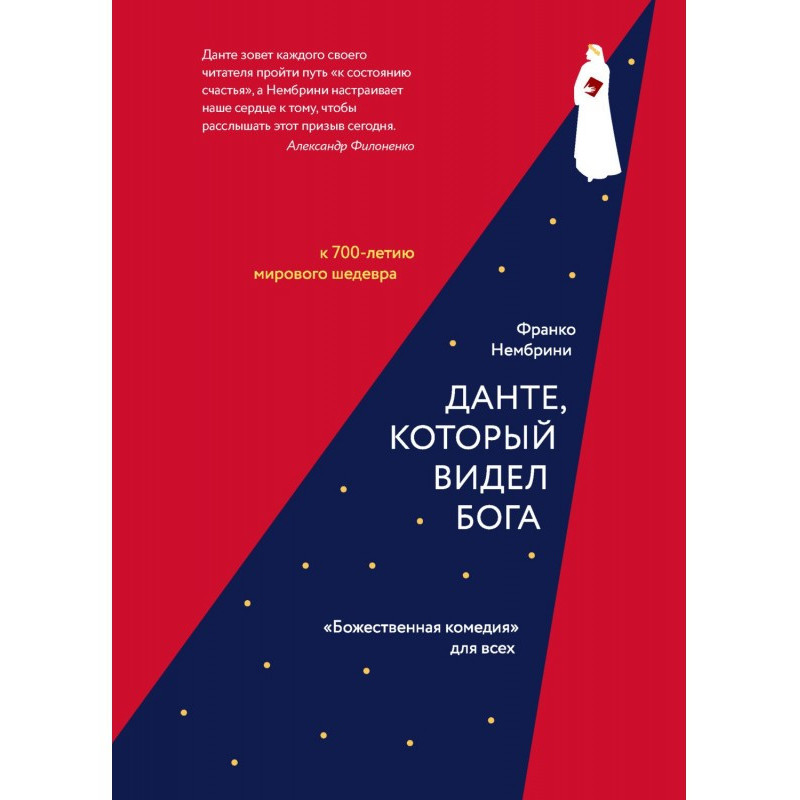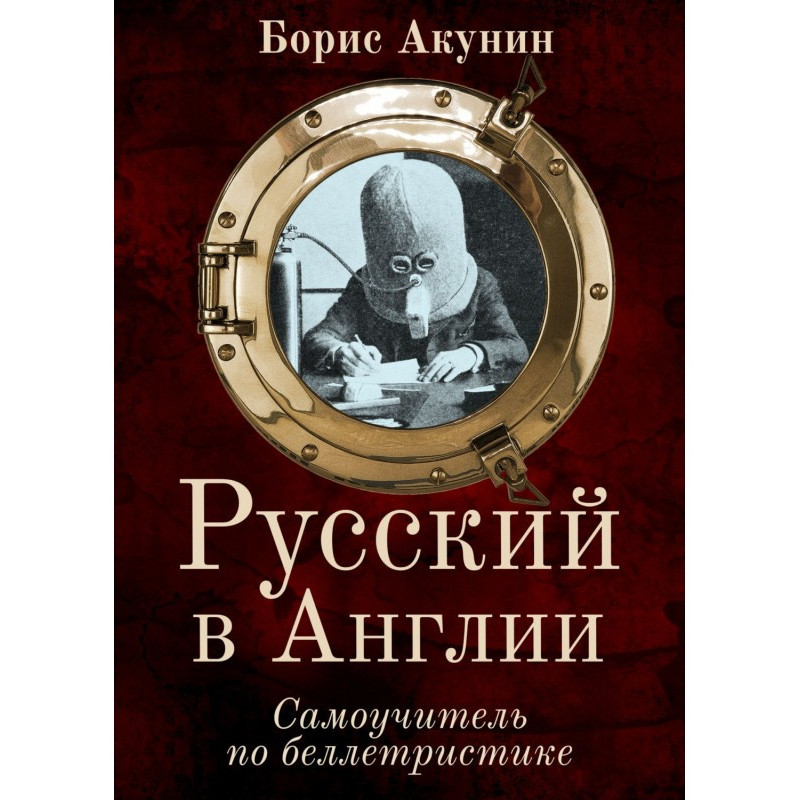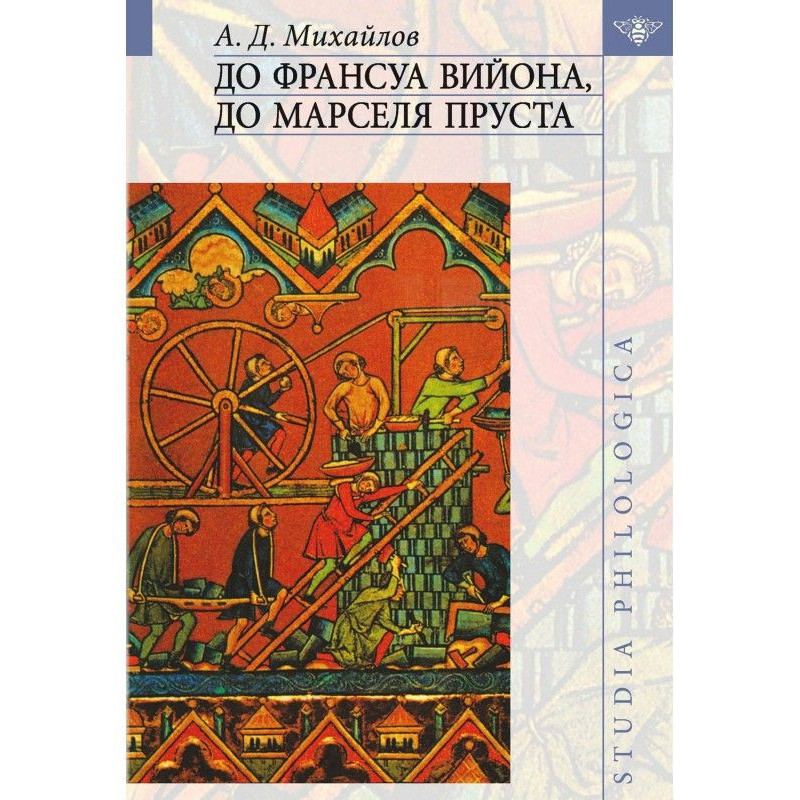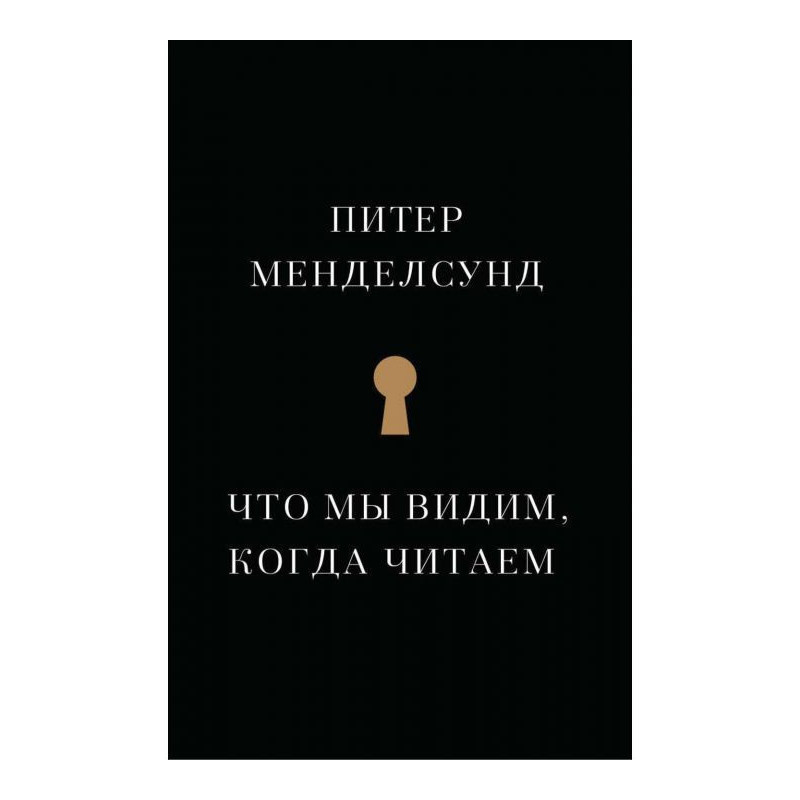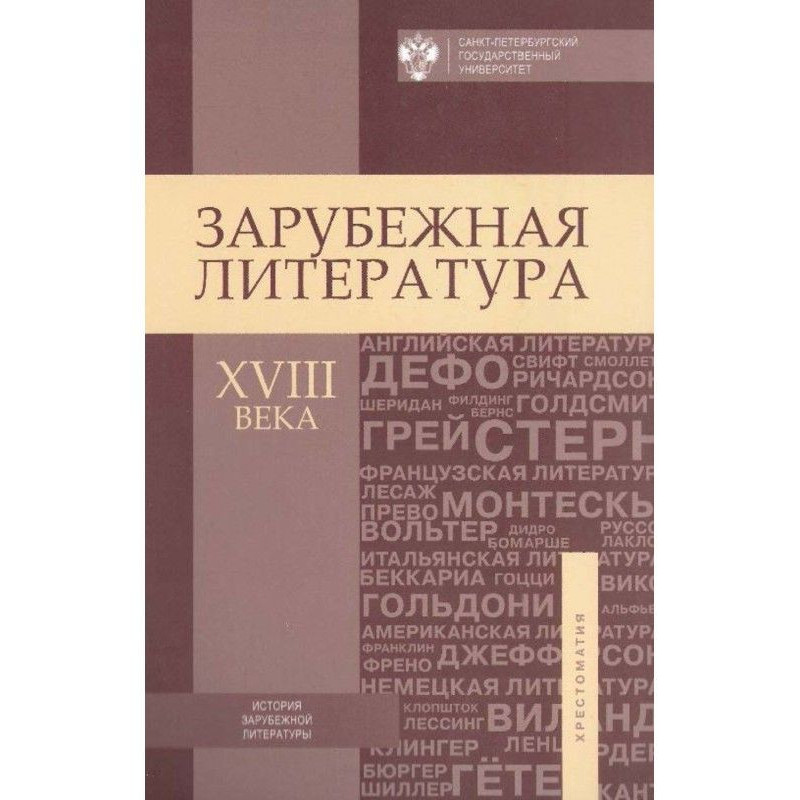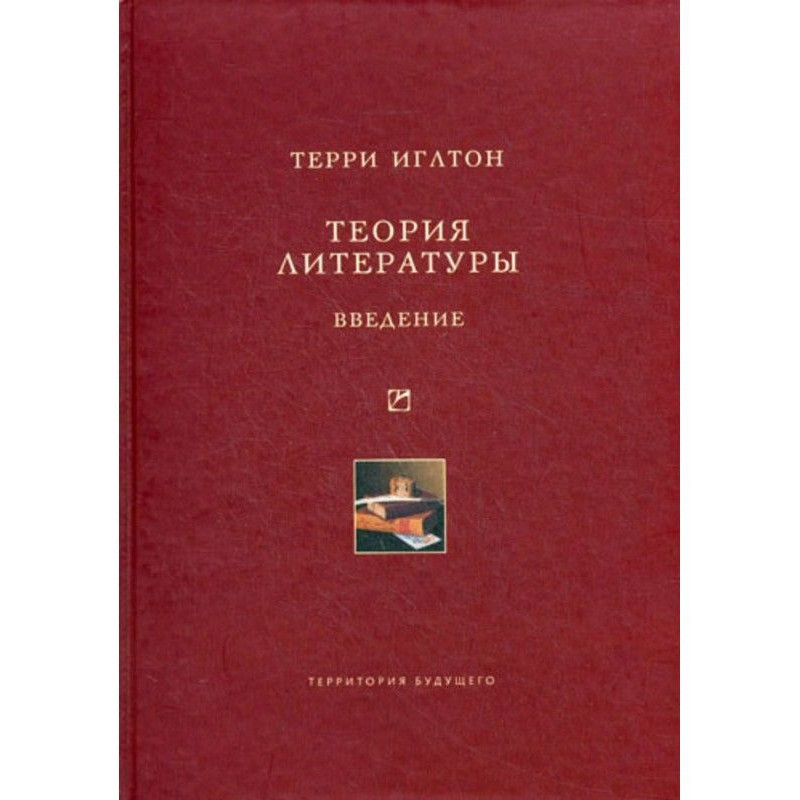The second volume of Dead Souls. Plans and speculations
 Instant download
Instant download
after payment (24/7)
 Wide range of formats
Wide range of formats
(for all gadgets)
 Full book
Full book
(including for Apple and Android)
The burned second and never written third volume of Nikolai Gogol’s poem “Dead Souls” is one of the most mysterious pages in the history of Russian literature, giving rise to a rich mythology that continues to reproduce itself to this day. Based on memoirs and archival data, Ekaterina Dmitrieva reconstructs various aspects of this story: from the origin of the author's plan to the burning of the poem and the almost detective discovery of an early edition of five chapters from the second volume six months after Gogol's death. The author talks about the supposed sources of the continuation of “Dead Souls,” as well as the restoration of the lost chapters, made possible thanks to the memories of contemporaries who listened to Gogol read the complete edition of the second part. Separate sections of the book talk about mystifications and stylizations, the emergence of which in the 19th–20th and 21st centuries was facilitated by the disappearance of Gogol’s manuscript and the revision of the famous thesis about Dante’s “Divine Comedy,” which allegedly served as inspiration for the three-part architectonics of “Dead Souls.” Ekaterina Dmitrieva – Doctor of Philology, head of the Department of Russian Classical Literature at the Institute of Literature of the Russian Academy of Sciences, member of the academic group for the publication of the Complete Works and Letters of N. V. Gogol, leading researcher at the Institute of Literature (Pushkin House) of the Russian Academy of Sciences.
Data sheet
- Name of the Author
- Екатерина Дмитриева Евгеньевна
- Language
- Ukrainian
- Release date
- 2023
Reviews
Вражаюче дослідження загадки "Мертвих душ"
Книга Катерини Дмитрієвої - це не просто наукове дослідження, а справжня подорож у світ російської літератури, що відкриває перед читачем невідомі аспекти творчості Миколи Гоголя. Авторка майстерно реконструює історію другого тому "Мертвих душ", спираючись на мемуарні та архівні дані, що робить її роботу надзвичайно цінною для всіх, хто цікавиться літературою. Вона не лише розкриває таємниці спалення рукопису, а й пропонує нові погляди на джерела натхнення Гоголя, його задум та стиль. Читання цієї книги - це можливість зануритися в атмосферу епохи, зрозуміти контекст, у якому творив великий письменник, і відчути його вплив на подальший розвиток літератури. Хоча переклад тексту з використанням штучного інтелекту має свої недоліки, загальна якість викладу та глибина аналізу компенсують ці незначні недоліки. Рекомендую цю книгу всім, хто хоче дізнатися більше про Гоголя та його незавершену геніальність!

